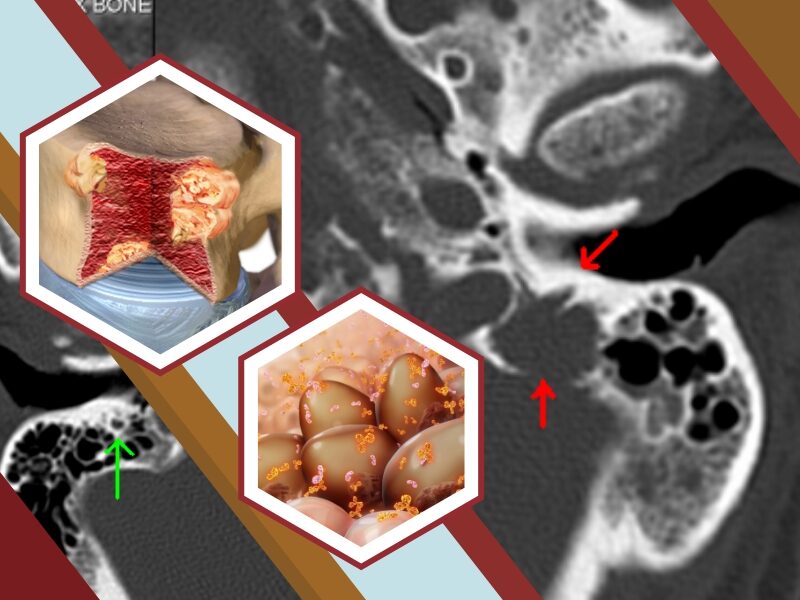What is Multiple Myeloma?

Multiple myeloma is a rare blood cancer that affects your plasma cells. Plasma cells are white blood cells and part of your immune system. Plasma cells make antibodies. These antibodies, called immunoglobulins, help fight infection.
Multiple myeloma happens when healthy cells become abnormal cells that multiply and produce abnormal antibodies called M proteins. This change starts a cascade of medical issues and conditions affecting your bones, kidneys, and body’s ability to make healthy white and red blood cells and platelets.
Factors that may increase your risk of multiple myeloma include:
- Family history of multiple myeloma – If a brother, sister, or parent has multiple myeloma, you risk the disease more.
- They are increasing in age – Your risk of multiple myeloma increases as you age, with most people diagnosed in their mid-60s.
- Male sex – Men are more likely to develop the disease than women.
- Black race – Black people are more likely to develop multiple myeloma than people of other races.
- Personal History of a Monoclonal Gammopathy of Undetermined Significance (MGUS) – Multiple myeloma almost always starts as MGUS, so having this condition increases your risk.
What Are The Symptoms?

Symptoms of multiple myeloma can vary, and there may be none early in the disease. When symptoms do occur, they can include:
- Bone pain, especially in your spine or chest
- Nausea
- Constipation
- Loss of appetite
- Mental fogginess or confusion
- Fatigue
- Frequent infections
- Weight loss
- Weakness or numbness in your legs
- Excessive thirst
Complications of multiple myeloma include:
- Frequent infections – Myeloma cells inhibit your body’s ability to fight infections.
- Bone problems – Multiple myeloma can also affect your bones, leading to bone pain, thinning, and broken bones.
- A reduced kidney function – Multiple myeloma may cause problems with kidney function, including kidney failure.
- Low red blood cell count – As myeloma cells crowd out normal blood cells, multiple myeloma can cause anemia and other blood problems.
How Do You Treat It?
If you are experiencing symptoms, treatment can help relieve pain, control complications of the disease, stabilize your condition, and slow the progress of multiple myeloma.
The combination of treatments you’ll likely receive will depend on whether you’re considered a good candidate for a bone marrow transplant. Treatment depends on the risk of your disease progressing, age, and overall health.
- If you’re considered a candidate for a bone marrow transplant, your initial therapy will likely include a combination of treatments, such as targeted therapy, immunotherapy, corticosteroids, and sometimes chemotherapy. Your blood stem cells will likely be collected after undergoing a few months of treatment. If it occurs, you may experience a bone marrow transplant soon after your cells are collected, or the transplant may be delayed until after a relapse. In some situations, doctors recommend two bone marrow transplants for people with multiple myeloma. After your bone marrow transplant, you’ll likely receive targeted therapy or immunotherapy as a maintenance treatment to prevent myeloma recurrence.
- If you’re not considered a candidate for a bone marrow transplant, your initial therapy will likely include a combination of treatments, such as targeted therapy, immunotherapy, corticosteroids, and sometimes chemotherapy.
- If your myeloma recurs or doesn’t respond to treatment, your doctor may recommend repeating another course of the treatment that initially helped you. Another option is trying one or more of the other treatments typically used as first-line therapy, either alone or in combination. Research on several new treatment options is ongoing, and you may be eligible for a clinical trial to gain access to those experimental treatments. Talk to your doctor about what clinical trials may be available to you.

Because multiple myeloma can cause several complications, you may also need treatment for those conditions. For example:
- Bone pain – Pain medications, radiation therapy, and surgery may help control bone pain.
- Kidney complications – People with severe kidney damage may need dialysis.
- Infections – Your doctor may recommend certain vaccines to prevent infections like the flu and pneumonia.
- Bone loss – Your doctor may recommend bone-building drugs to help prevent bone loss.
- Anemia – If you have persistent anemia, your doctor may recommend medications to increase your red blood cell count.



